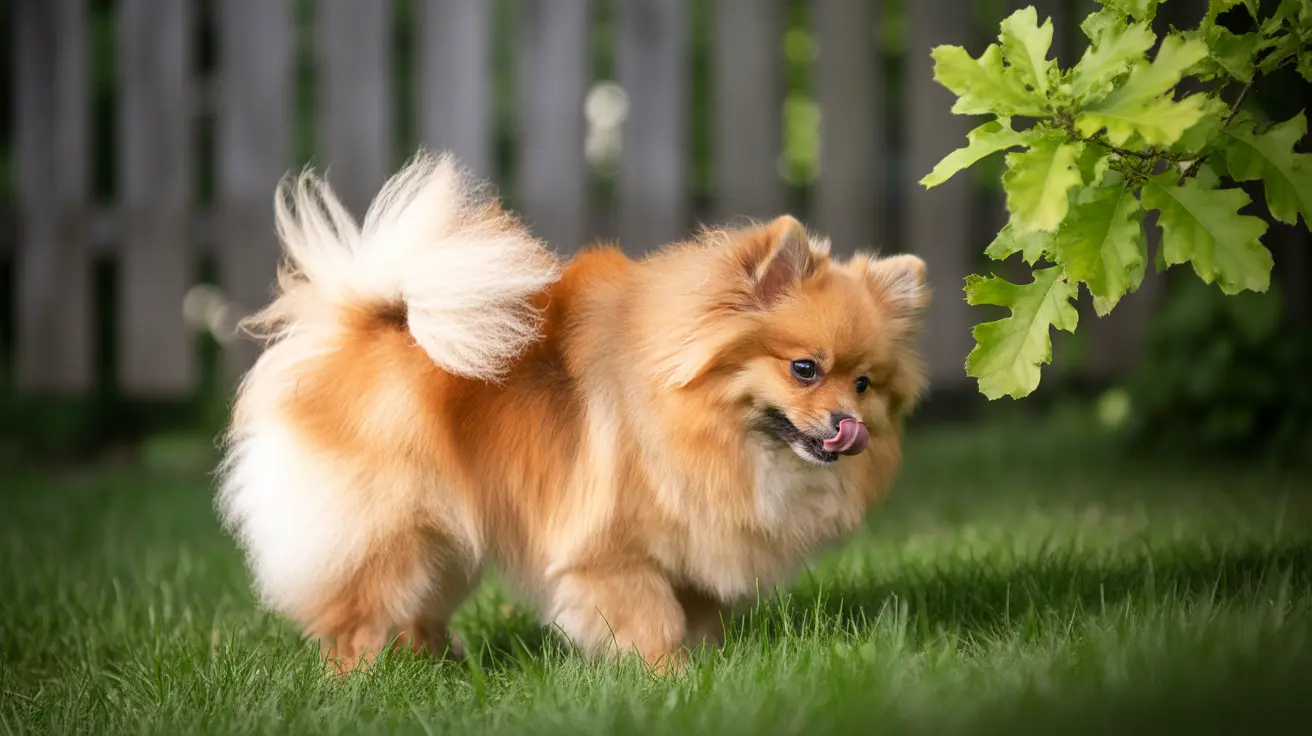If you've noticed your dog licking their private area frequently, you might be wondering whether this behavior is normal or cause for concern. While some genital licking is part of a dog's natural grooming routine, excessive attention to these areas could signal underlying health issues that require veterinary attention.
In this comprehensive guide, we'll explore the various reasons behind this common behavior, help you distinguish between normal grooming and problematic licking, and provide expert guidance on when to seek professional help.
Normal Grooming vs. Problematic Licking
Dogs naturally groom their genital areas as part of their daily hygiene routine. This behavior typically occurs after urination or defecation and helps keep the area clean. However, when licking becomes excessive or obsessive, it often indicates an underlying issue that needs attention.
Signs that licking has become problematic include:
- Persistent or obsessive licking that interrupts normal activities
- Visible irritation or redness of the skin
- Hair loss or bald patches
- Development of hot spots or open sores
- Changes in behavior or discomfort
Common Medical Causes of Excessive Licking
Urinary Tract Infections (UTIs)
UTIs are a frequent cause of increased genital licking, particularly in female dogs. These infections cause discomfort and a burning sensation during urination, leading dogs to lick more frequently. Signs of a UTI include:
- Frequent urination attempts
- Blood in the urine
- Accidents in the house
- Crying during urination
Skin Infections and Allergies
Both bacterial and fungal infections can cause intense itching and discomfort in the genital area. Additionally, environmental or food allergies may trigger skin irritation that leads to excessive licking. These conditions often require medical treatment to resolve.
Behavioral Causes of Excessive Licking
Sometimes, excessive licking stems from psychological rather than physical issues. Common behavioral causes include:
- Stress and anxiety
- Boredom
- Compulsive disorders
- Response to changes in routine or environment
When to Seek Veterinary Care
Contact your veterinarian if you notice:
- Persistent licking that doesn't resolve with basic interventions
- Any unusual discharge or bleeding
- Signs of pain or discomfort
- Changes in urination habits
- Development of skin lesions or irritation
Prevention and Management
To help prevent problematic licking, consider these steps:
- Maintain regular grooming schedules
- Keep your dog on a consistent flea and tick prevention program
- Provide adequate exercise and mental stimulation
- Address anxiety and stress triggers
- Schedule regular veterinary check-ups
Frequently Asked Questions
Why does my dog lick his penis, and when is it normal versus a sign of a problem?
Normal licking occurs briefly during regular grooming or after urination. It becomes concerning when the behavior is excessive, persistent, or accompanied by visible irritation, discharge, or changes in behavior.
What medical conditions can cause excessive licking of a dog's genital area?
Common medical causes include urinary tract infections, skin infections, allergies, anal gland problems, and hormonal imbalances. These conditions require veterinary diagnosis and treatment.
How can I tell if my dog's genital licking is due to infections like urinary tract or yeast infections?
Signs of infection include increased frequency of licking, visible irritation, unusual discharge, changes in urination habits, and signs of discomfort. A veterinary examination is necessary for proper diagnosis.
When should I take my dog to the vet for persistent licking or discharge from the penis or vulva?
Seek veterinary care if licking persists for more than a few days, if there's any unusual discharge, visible irritation, or if your dog shows signs of pain or distress.
Can behavioral issues or allergies cause a dog to lick its private parts excessively?
Yes, both behavioral issues (such as anxiety or compulsive disorders) and allergies can cause excessive licking. Environmental stressors, boredom, and various allergens may trigger this behavior.
Conclusion
While some genital licking is normal for dogs, knowing when this behavior crosses into problematic territory is crucial for your pet's health. If you're concerned about your dog's licking habits, don't hesitate to consult with your veterinarian for proper diagnosis and treatment.






